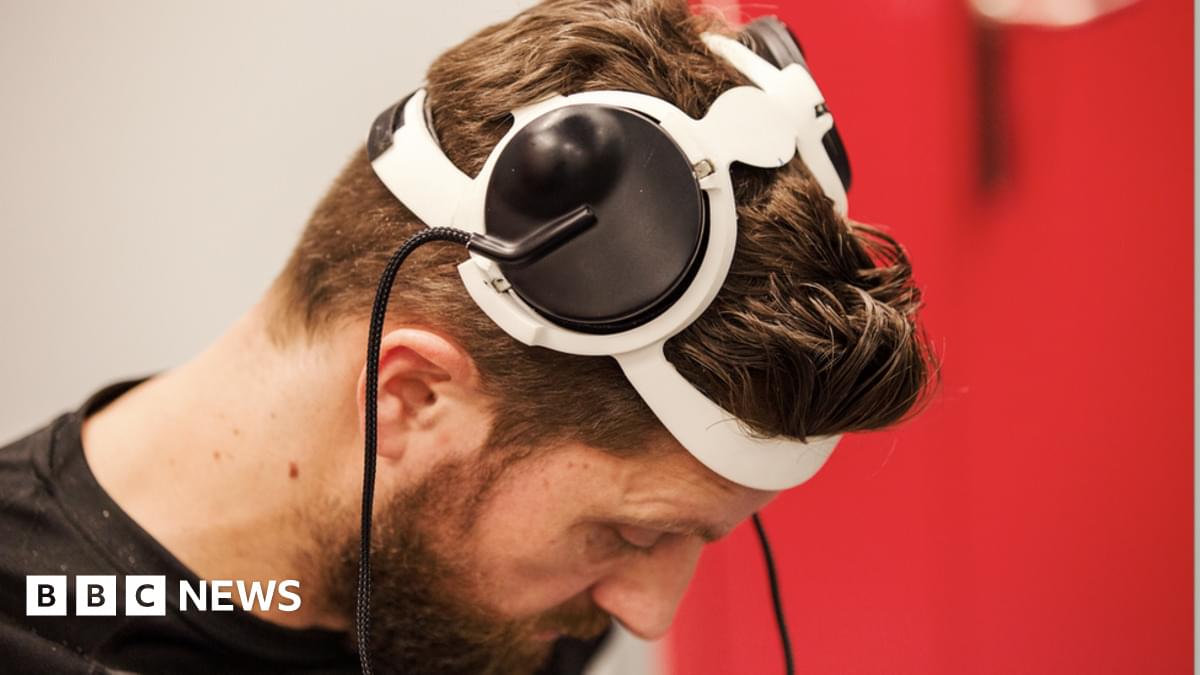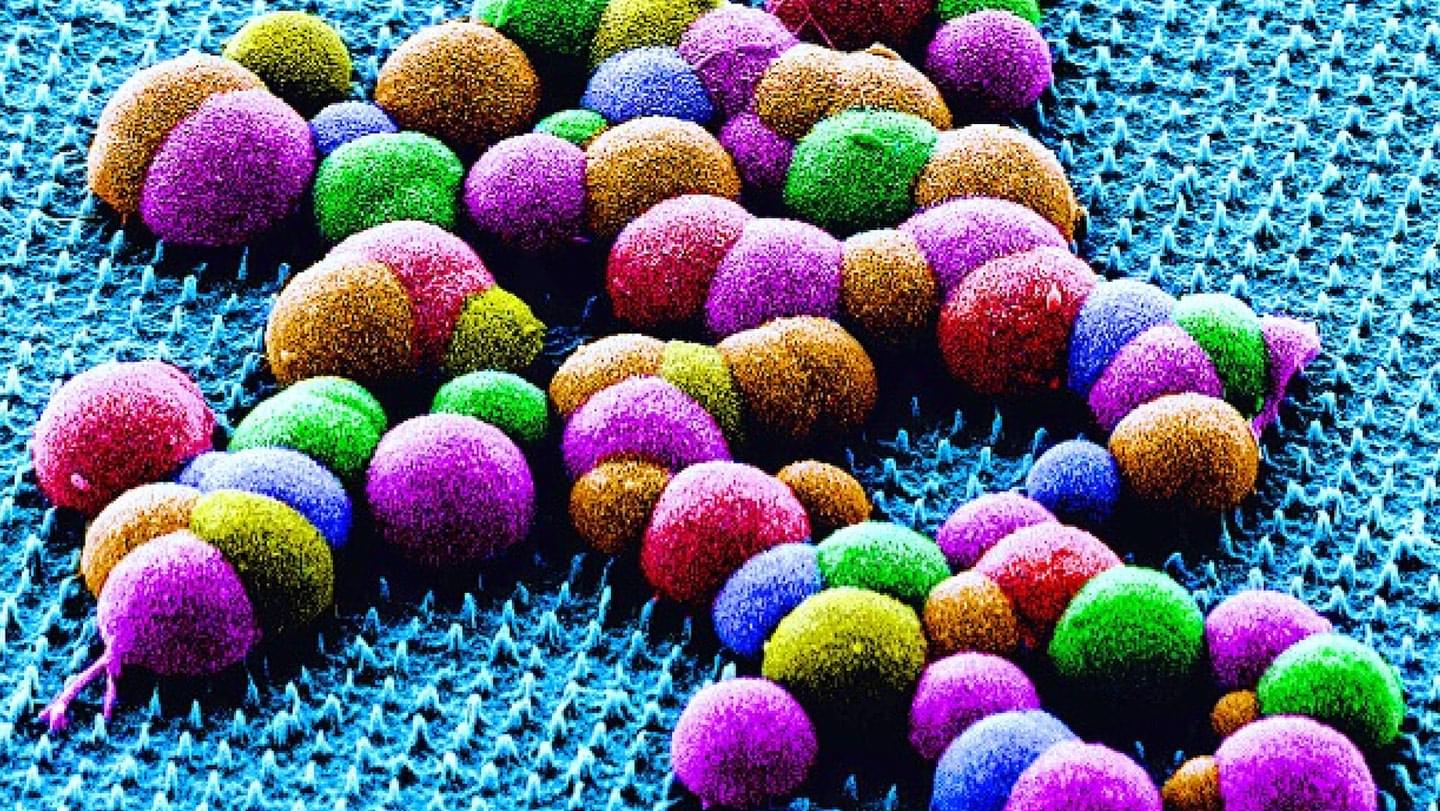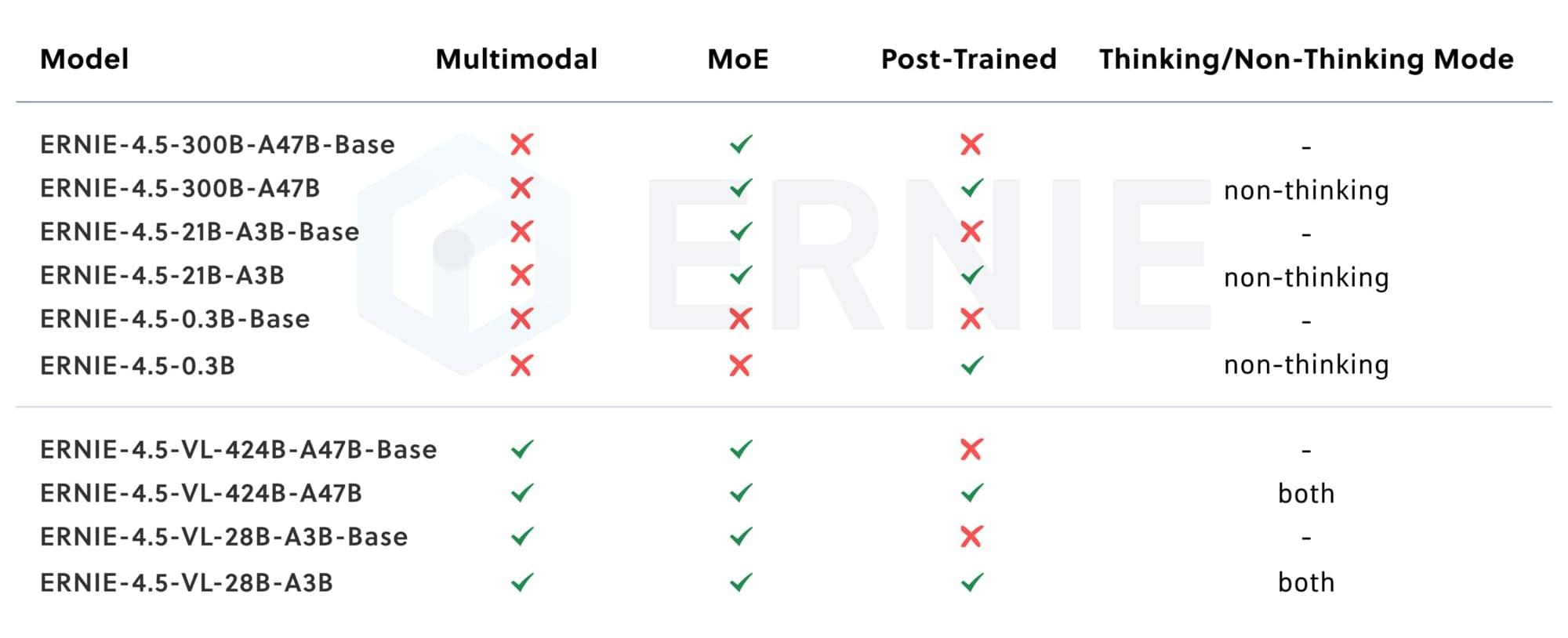A paralysed man has been able to walk simply by thinking about it, thanks to electronic brain implants



In the fight against cancer, immunotherapy—which aims to boost the body’s natural defenses against cancer—is experiencing remarkable growth. Most of these treatments are based on CD8 T lymphocytes, “killer cells” able to eliminate diseased cells. A team from the University of Geneva (UNIGE) has explored an alternative approach involving CD4 T lymphocytes.
Long considered mere auxiliary cells, their therapeutic potential has been considered of secondary importance. But the scientists have discovered that they also have a strong killing capacity, while continuing to support other immune cells. Using cell engineering technologies, the team reprogrammed the cells to target a tumor marker found in many cancers, both in adults and children. These results, published in the journal Science Advances, offer hope for a faster therapeutic strategy that could benefit a greater number of patients.
Traditionally considered as auxiliary cells, CD4 T cells produce molecules to support the action of other immune cells by facilitating their functions, migration or proliferation in the organism. The recent work by Camilla Jandus, Assistant Professor in the Department of Pathology and Immunology, in the Center for Inflammation Research and in the Translational Research Center in Onco-hematology at the UNIGE Faculty of Medicine, shows that they have been vastly underestimated.

A new international study finds that people place greater emotional value on empathy they believe comes from humans—even when the exact same response is generated by artificial intelligence.
Published in Nature Human Behaviour, the study involved over 6,000 participants across nine experiments.
The researchers, led by Prof. Anat Perry from the Hebrew University of Jerusalem and her Ph.D. student Matan Rubin, in collaboration with Prof. Amit Goldenberg, with researchers from Harvard University and Prof. Desmond C. Ong, from the University of Texas, tested whether people perceived empathy differently depending on whether it was labeled as coming from a human or from an AI chatbot.
A collaborative project by Mass General Cancer Center researchers to bring the promise of cell therapy to patients with a deadly form of brain cancer has shown dramatic results among the first patients to receive the novel treatment.




Researchers at Northeastern University have discovered how to change the electronic state of matter on demand, a breakthrough that could make electronics 1,000 times faster and more efficient.
By switching from insulating to conducting and vice versa, the discovery creates the potential to replace silicon components in electronics with exponentially smaller and faster quantum materials.
“Processors work in gigahertz right now,” said Alberto de la Torre, assistant professor of physics and lead author of the research. “The speed of change that this would enable would allow you to go to terahertz.”

